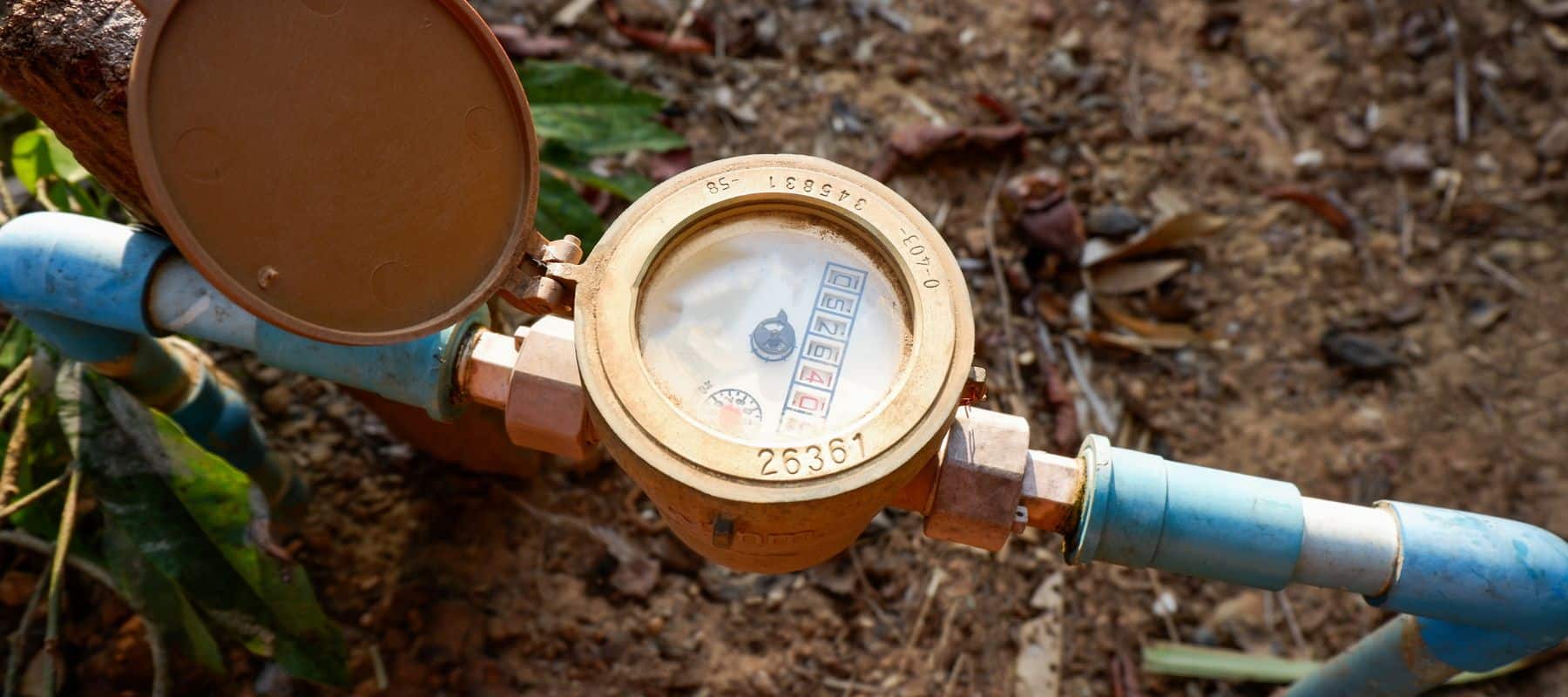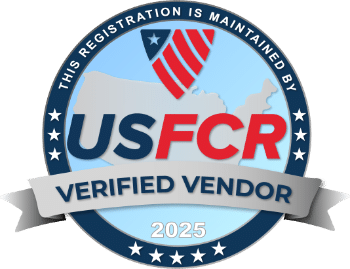How To Find Plumbing Leaks Early
Leaks in your plumbing can cause significant damage if left unnoticed. Homeowners in San Antonio, TX, need to be aware of the signs of a leak and know how to identify one before it turns into a bigger issue that requires costly fixes. With the right knowledge and a little effort, you can detect leaks early, saving your home from potential water damage.
At Air & Drain Works, we believe in the importance of DIY leak detection. In this blog, we’ll walk you through common signs of leaks, effective methods to detect them and when to call in a professional for plumbing leak repair.
Leak Detection 101: Signs You Might Have A Problem
Not all leaks are easy to catch, but there are some signs that can help you recognize a plumbing issue. You may have a leak if you notice:
- Increased water bills — One common sign of a leak is a spike in your water bill, even though your usage hasn’t changed. Leaks can cause water to flow continuously, leading to a higher-than-usual water bill.
- Musty smells — A musty scent in your home, particularly near walls or floors, can point to mold or mildew growth caused by a hidden plumbing leak. Moisture can build up in areas that are hard to see, leading to poor indoor air quality.
- Wet spots on walls, floors or ceilings — If you notice water stains or damp spots around the base of walls, floors or ceilings, there could be a leak behind the surface. These spots often indicate leaks in the pipes that run inside walls or under floors.
- Unexplained puddles — If you see puddles forming around plumbing fixtures like sinks, showers or toilets, it’s a clear indication that there’s a leak. These puddles can form around the base of the fixture or along the pipe connections.
DIY Leak Detection Methods
A visual inspection is a great starting point when trying to find a problem with your plumbing. Unfortunately, it’s not always that simple. That’s why our team is sharing additional steps you can take to identify whether your home has a leak.
1. Try The Water Meter Test
This is a simple way to detect hidden leaks:
- Turn off all water sources in your home (such as faucets and showers).
- Check your water meter and write down what the reading is.
- Wait a few hours without using any water.
- Check the meter again. If the reading has changed, it means there’s a hidden leak somewhere.
2. Do The Food Coloring Test For Toilet Leaks
To check for toilet leaks in the bathroom, start by adding food coloring drops into the toilet tank. Wait about 10–15 minutes and check the toilet bowl. If the water in the toilet bowl changes color from the dye, it means there’s a leak in your toilet tank.
3. Check For Water Pressure Loss
Low water pressure can sometimes be a sign of a plumbing leak. If you notice a sudden drop in water pressure from your faucets or showerheads, there could be a leak in the pipes feeding those fixtures.
4. Listen For Water Running
If you hear the sound of running water in your home but haven’t used any fixtures, it could indicate a hidden leak. This often happens when there’s a leak in the walls or underground pipes.
When To Call A Professional For Leak Detection
While DIY leak detection methods can help you identify some obvious signs of a leak, there are times when professional help is needed. If you’ve noticed any of the following, it’s time to contact a plumbing leak repair professional:
- If you’ve tried the DIY leak detection methods, but still can’t locate the source of the leak.
- If the leak is behind walls or under floors, making it difficult to access.
- If your water bill has skyrocketed without an explanation, but no obvious leaks are visible.
Air & Drain Works offers professional leak detection services, using advanced tools to locate hidden leaks accurately and efficiently. Our team can also help you with plumbing leak repair to stop the issue from getting worse.
Preventing Future Leaks
To avoid leaks from causing major problems in the future, consider these preventive tips:
- Regular inspections — Schedule regular plumbing inspections to catch leaks early. This can help detect small issues before they become big problems.
- Proper maintenance — Make sure your plumbing system is well-maintained by cleaning drains, checking pipe connections and ensuring water pressure is at the optimal level.
- Seal vulnerable areas — Waterproof areas in basements or around plumbing fixtures to prevent moisture buildup.
- Replace old plumbing — If your home’s pipes are old and corroded, replacing them can prevent leaks and improve your home’s water efficiency.
Be Proactive With Leak Detection — Call Air & Drain Works
DIY leak detection can save you time and money by helping you spot leaks early, before they turn into more serious problems. However, if you’re unable to find the leak or it’s causing significant damage, it’s time to call in a professional.
At Air & Drain Works, we specialize in plumbing leak repair and leak detection services. If you’re dealing with a stubborn leak or need a professional inspection, don’t hesitate to contact us. We’re here to keep your home safe, dry and free from plumbing issues.












